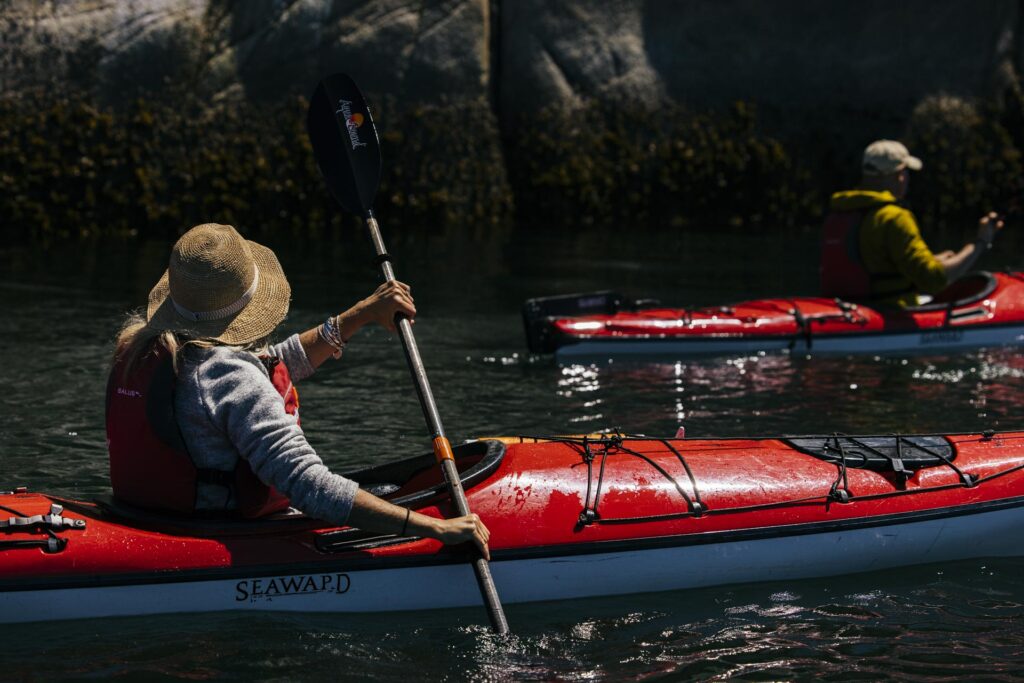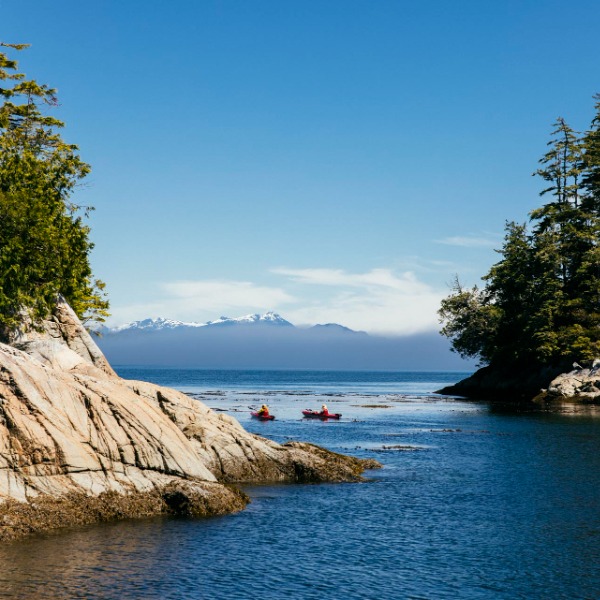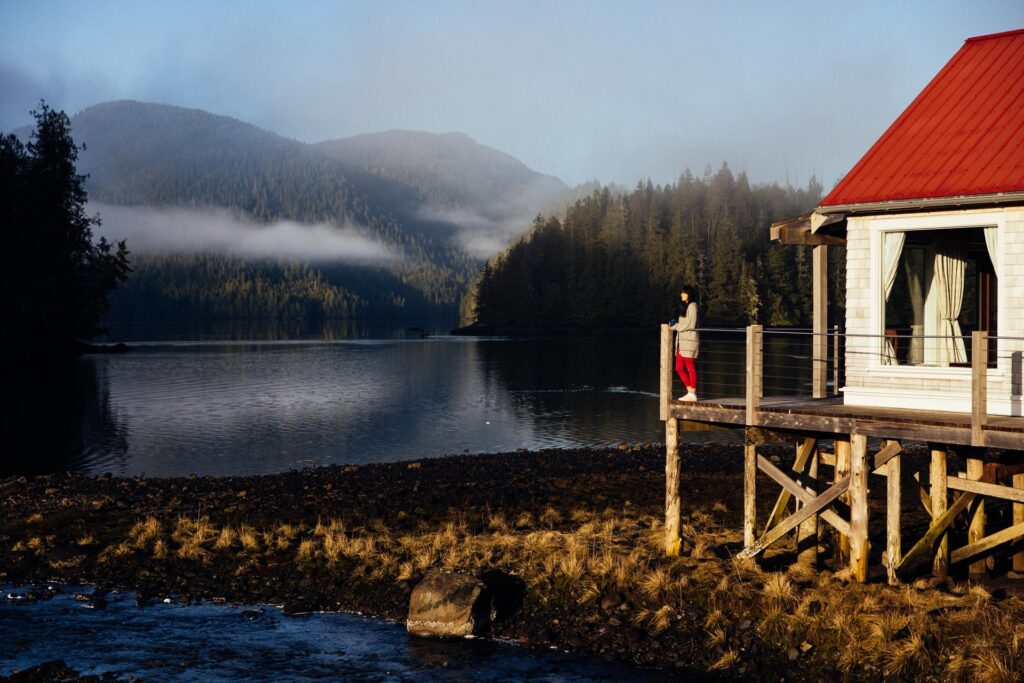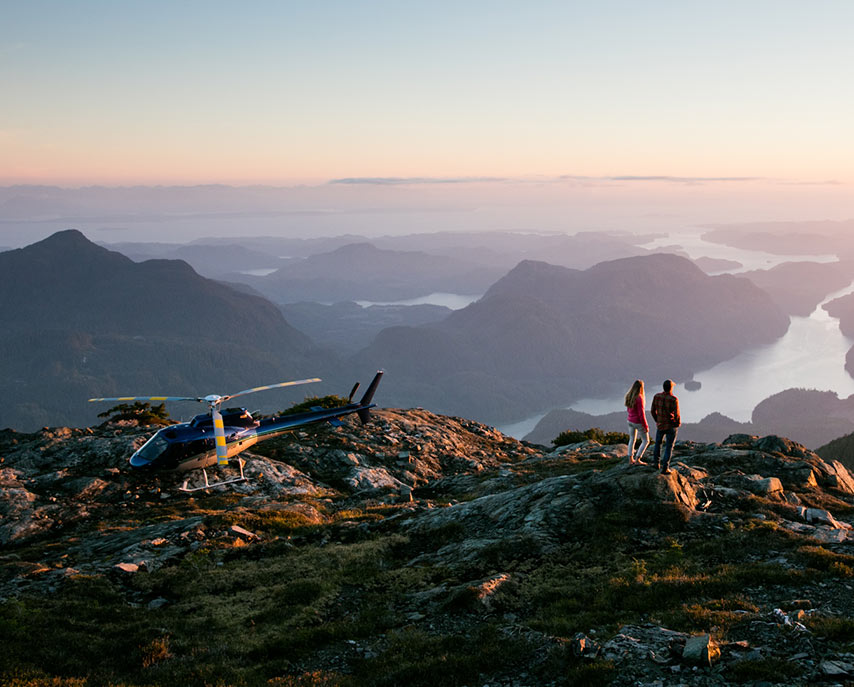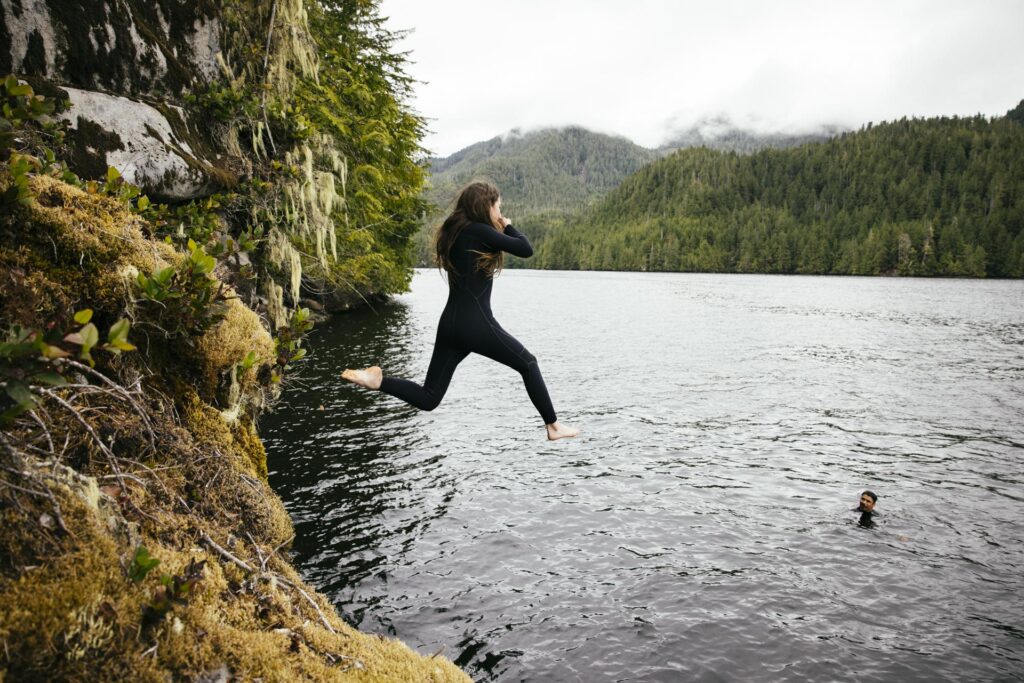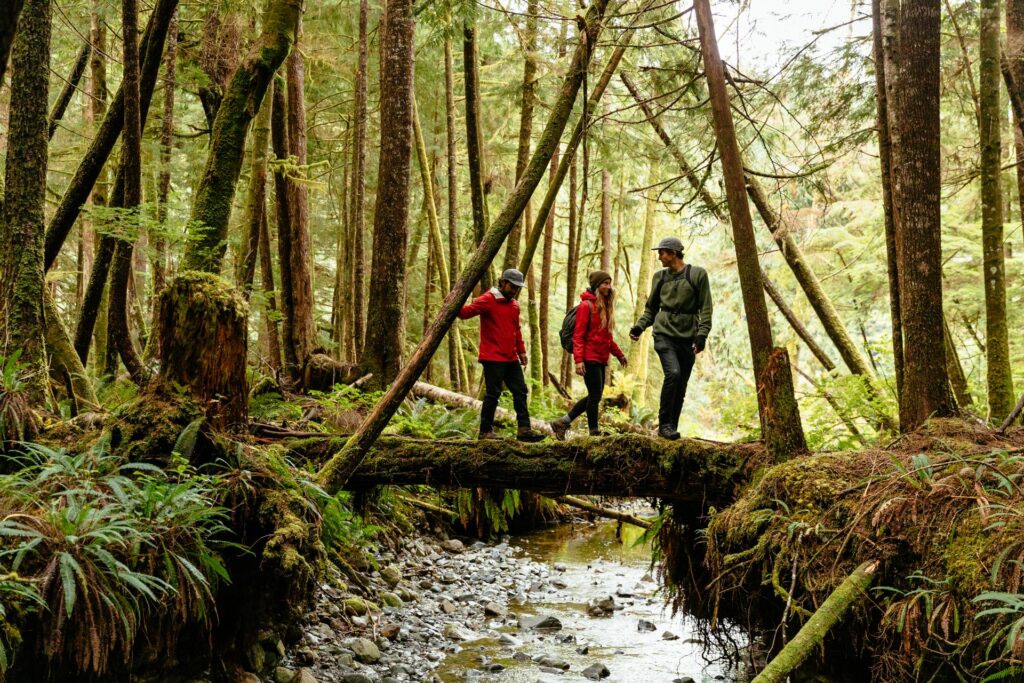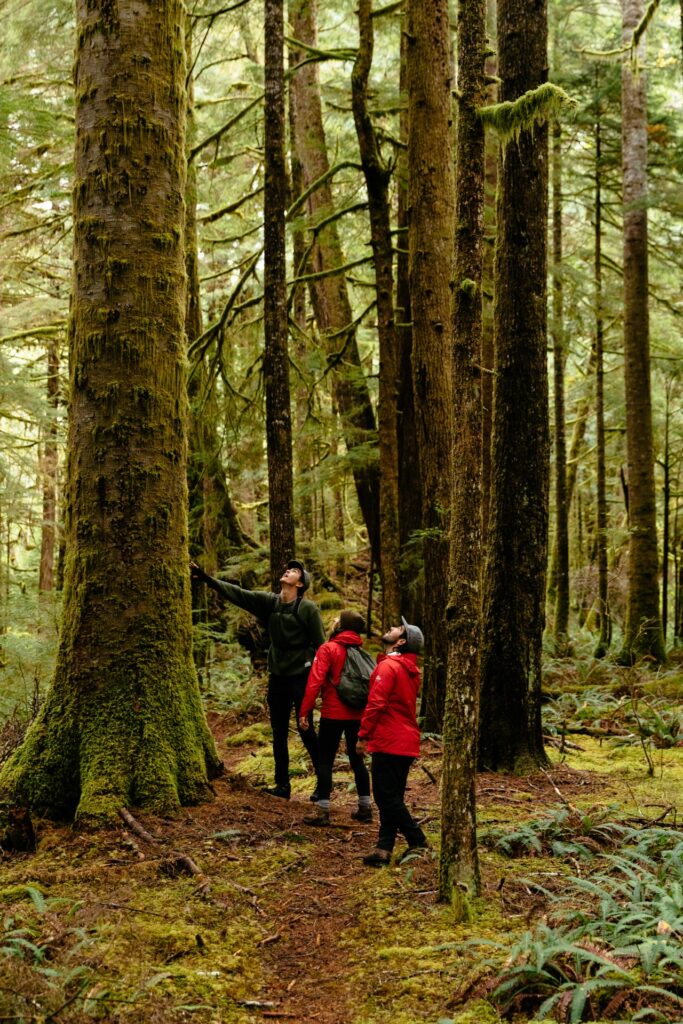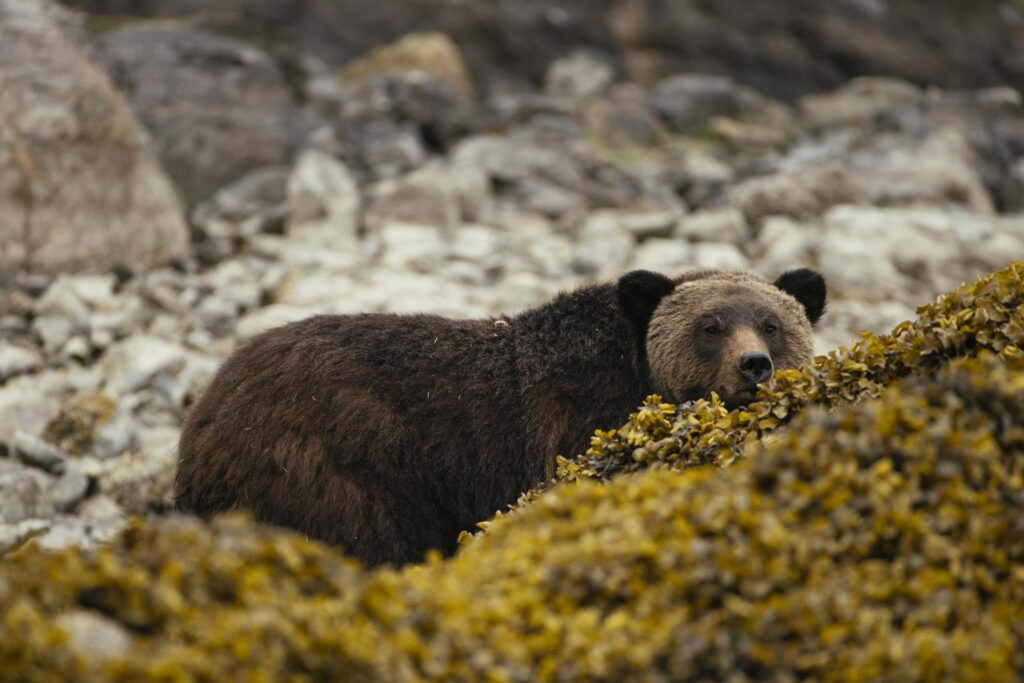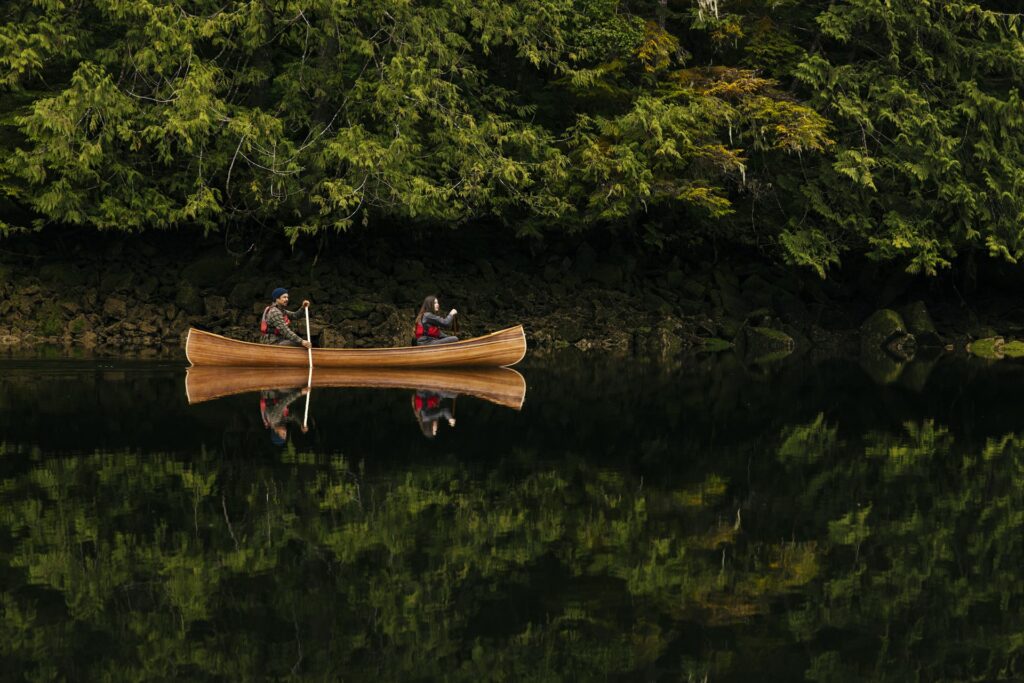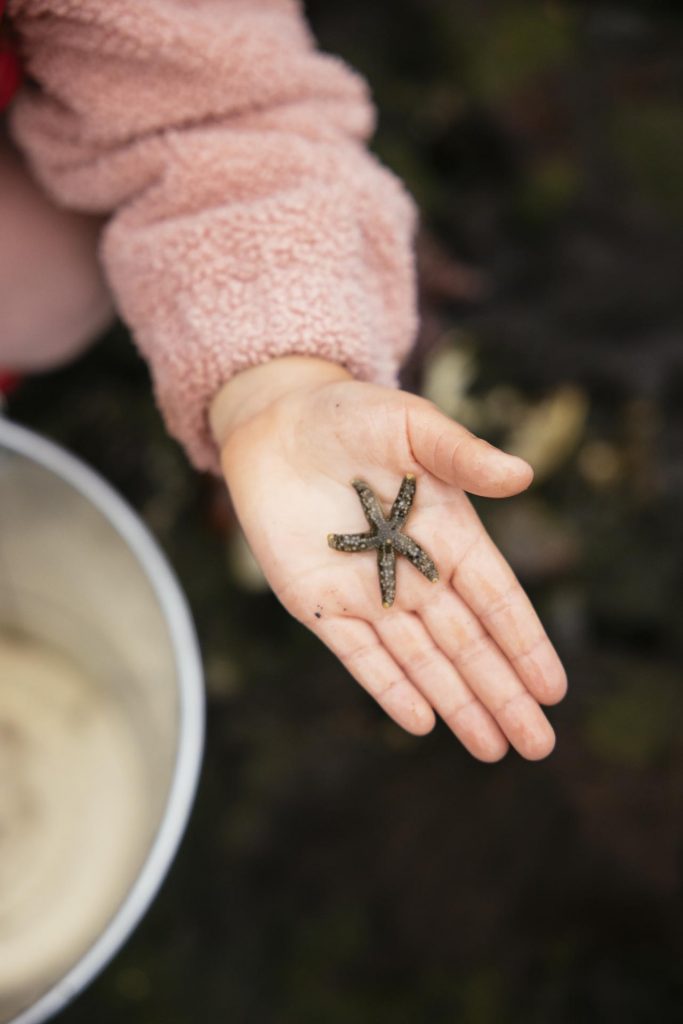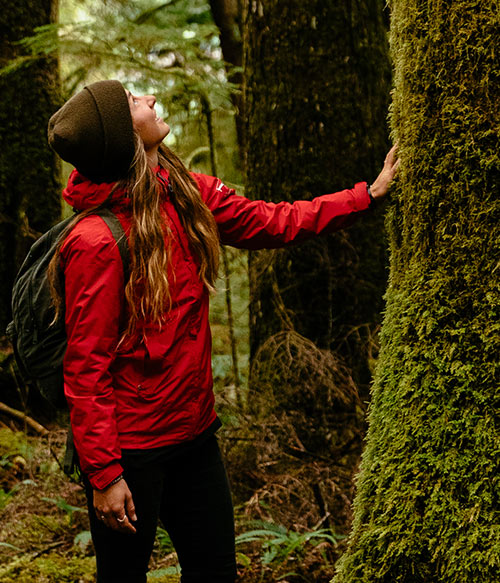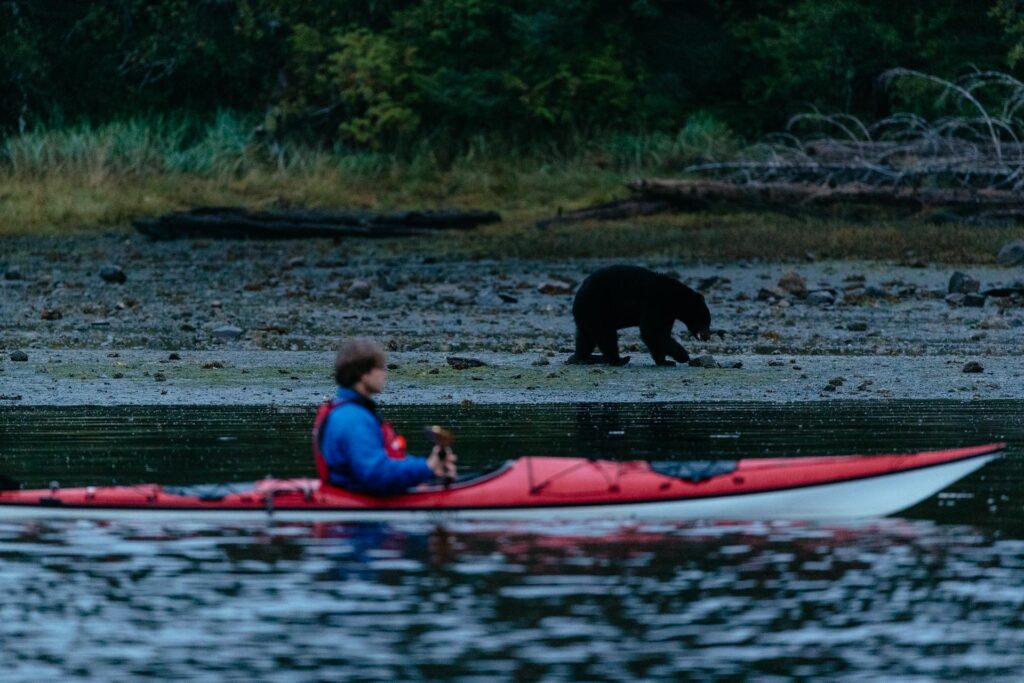If the past year and a half has taught us anything, it’s that travel is a gift and one that should never be taken for granted. Now, after these challenging and unprecedented times, we can once again start to reconnect with the joys of travel, embrace the journey, and plan our next escape.

Many of us are eager and ready to dust off the old suitcase and hit the road, however, as the doors and borders slowly start to open, it’s no secret that the world looks a bit different out there. We will undoubtedly resume our passion of exploring and venturing further afield – it’s the ‘how we will travel’ that will take on new significance. Travellers are adapting to this changed landscape and are moving thoughtfully towards emerging experiences, intentions, and trends.
Innovation within the industry will continue to accelerate in response to changing trends, as well as to traveller expectations, requirements, and behaviours. Overall, and with no surprise, travellers are looking for an increased level of safety, security, and privacy. Many will be seeking deeper value and more meaningful and transformational experiences with an emphasis on remote destinations and accommodations nestled by the natural world. People will be yearning to reconnect with their loved ones in special and spectacular ways. Some will linger for longer, embracing the idea of slow travel, while others will prioritize the time and space for a mental and physical reset. Sustainability, conservation, and regenerative travel are also on the rise as travellers realize the importance of not only leaving lighter footprints but also generating positive impacts on the people and places they visit.
Off the Beaten Path Experiences
Travellers are inspired by the beauty of wide-open spaces, of slowing down to the pace of nature, and getting away from it all. In our busy modern lives, true nature can often feel out of reach. More and more travellers are considering remote destinations, wilderness retreats, and outdoor escapes. Accommodations and experiences that prioritize privacy and seclusion are also topping the lists. “This year’s challenges have created a demand for novel, limited‑time opportunities and out‑of‑the way experiences designed for those of us who want to travel ahead of – or away from – the rest of the pack.”(enRoute)
Balanced Sense of Health AND Wellness
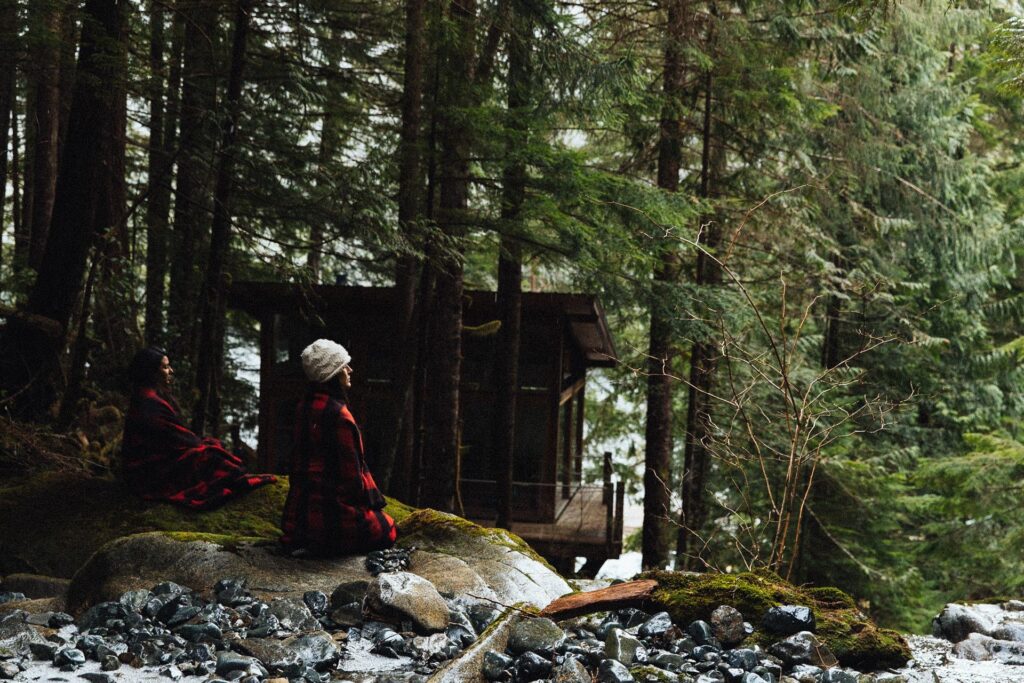
The pandemic has left a lot of us feeling anxious and exhausted. In addition to beautiful settings, exceptional dining, and exciting activities – people are seeking opportunities to embark on an inner journey. They are searching for ways to retreat, rouse their curiosity, refresh their sense of wonder, and to relish in self-care that honours the wellbeing of body, mind, and spirit. Wherever their journey may take them – finding opportunities to escape and reconnect are taking the lead. “In fact, the Global Wellness Summit recently advised that this year, 2021, may just be the year in which all travel becomes wellness travel. Yes, wellness – and all that it entails – is a hot new travel trend.” (Forbes) More than ever, people are looking to restart travel, and the rest of their life, with a more balanced and best foot forward approach.
Slow and Curious Immersions
Slow travel is about being present, perceptive, and appreciative of our surroundings. It’s a journey – both internally and externally – and it’s about making connections and being open to new experiences. It’s about travelling purposely, immersing gently, and looking beyond the destination. “As Honoré, whose book In Praise of Slow has become the Slow Movement’s main manifesto, puts it: It means doing things well instead of fast, living each moment fully and savouring the seconds rather than counting them.” (enRoute)
Travelling in this way, with delayed gratification and increased anticipation, creates new opportunities and practices for exploring the world. It also confirms the clichés about the journey being just as important as the destination. This approach suggests that we plan lightly and make the space for unexpected moments that in turn, create lasting memories. “In this time-out from checklist-driven travel, fast-and-furious ambitions bow to slow-and-curious immersions.” (Condé Nast Traveler)
Reuniting near and Far
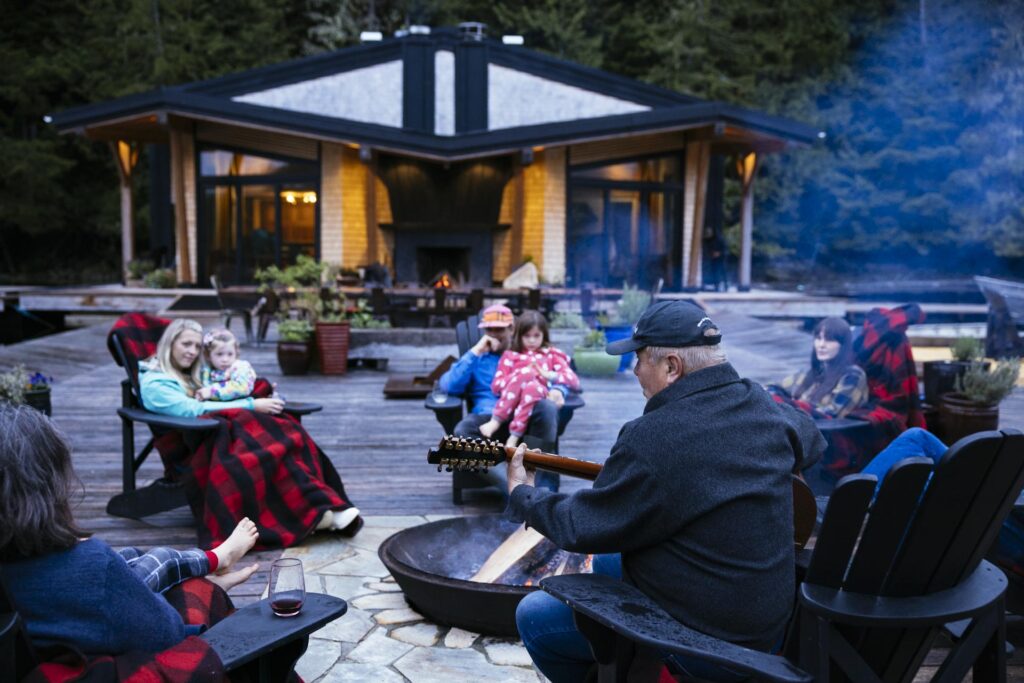
Separation and isolation have been tough on all of us. Now, with borders reopening and travel restarting, many of us will be setting off to reunite with our loved ones. As travel restarts, family travel planners are clearly looking for new ideas. “That’s the observation of the professional organizers at bespoke travel company Black Tomato who have seen a 70% increase in multigenerational travel requests since the beginning of the year with a special interest in enriching, learning experience trips.” (Forbes) With unparalleled opportunity for lasting connections and quality time spent together – multigenerational travel is more popular than ever. Today’s families are looking to reconnect, enjoy their time collectively, and maximize those precious moments.
A Shift in Consciousness
There has been a shift in awareness and a growing appreciation for travel that opens our hearts and minds, transforming how we live our lives and engage with the world around us. Today’s travel industry has responded by putting conservation, sustainability, and eco-travel at the focus. Experiencing the beauty and fragility of the planet instills a desire to protect it. And this time around, it’s not just about observing – it’s about participating and embracing a more holistic, whole systems approach to sustainability – with travel terms such as transformational and regenerative making headlines.
The concept of transformational travel refers to “intentionally travelling to stretch, learn, and grow into new ways of being and engaging with the world.” (TTC) By setting the stage for travellers to experience first-hand just how impactful sustainable travel can be, there is potential for a shift in perception and behaviour that extends beyond their trip. In 2020, the New York Times coined the phrase regenerative travel, “the idea being that tourists should leave a place better than how it was found. So, the focus is on restoring, regenerating, and improving a destination, as opposed to simply trying to do no harm.” (Condé Nast Johansens)
However we choose to journey in the future, these emerging travel trends demonstrate recurring and significant themes moving forward. If we have learnt anything from the global pandemic, it’s how interconnected we all are. We were forced to slow down, take a step back, contemplate our values and question how we live, including how we travel. And now – at the heart of it all – there appears to be a natural and prevailing movement spurred on by intention, appreciation, and reconnection – with ourselves, each other, and the world around us.
